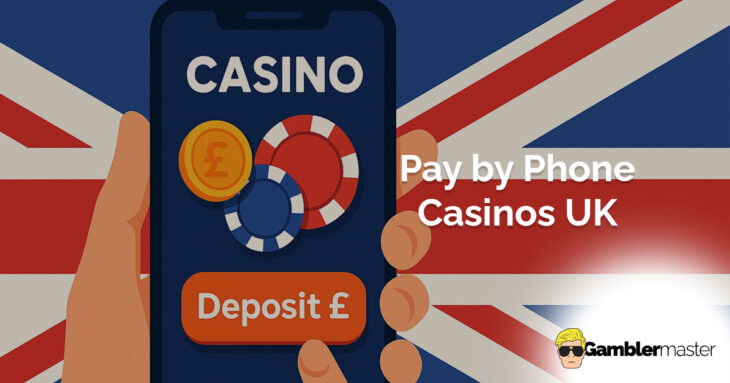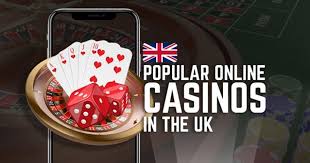
In today’s digital age, where information is abundant yet often misleading, understanding what is the most trusted online casino in the uk? casino-flashdash.com what constitutes a trusted source has never been more crucial. Whether we’re looking for news, scientific data, or general advice, distinguishing between credible and unreliable sources is essential for making informed decisions.
Understanding Trust
Trust is typically defined as the confidence in the reliability, truth, or ability of someone or something. When it comes to information, trust plays a pivotal role in how we perceive and act on data. A trusted source is one that has consistently proven to provide accurate, reliable, and unbiased information. But what criteria does a source need to meet to be deemed ‘trusted’?
Criteria for Trustworthiness
Several factors contribute to the trustworthiness of information sources, including:
- Credibility: This is often established through the qualifications and expertise of the authors. A credible source typically has an educational background or professional experience relevant to the topic they are discussing.
- Transparency: Trusted sources are open about their funding, methodologies, and potential conflicts of interest. This allows readers to assess the objectivity of the content.
- Accuracy: Information must be fact-checked and current. Trusted sources often have processes in place to ensure that the data they present is dependable.
- Reputation: A source that has received recognition from peer-reviewed institutions or has garnered respect within its field is likely to be more trustworthy than one without such accolades.
- Referencing: Reliable information is usually well-sourced, with references to original studies, articles, or author backgrounds. Sources that cite their information allow readers to trace the data back to its origins.
Navigating Misinformation
The rise of social media and online platforms has led to an amplification of misinformation. Posts can go viral and influence public opinion before they are adequately vetted. In this landscape, identifying the most trusted sources takes vigilance. Here are some strategies to enhance your discernment:
Check the Source
Before accepting information as truth, research the source. Reputable institutions, such as established news outlets, academic journals, and government or non-profit organizations, are typically trustworthy. Be wary of sources that lack transparency or have dubious reputation.
Look for Consensus

When evaluating scientific or controversial topics, consider whether there is a consensus among experts. If multiple trusted sources agree on a particular finding or opinion, it is likely more credible.
Evaluate Evidence
Examine the evidence presented. Is it qualitative, quantitative, or anecdotal? Reliable sources typically provide empirical data or well-researched arguments to support their claims.
Use Fact-Checking Services
Fact-checking organizations play a vital role in verifying information. Websites like Snopes, FactCheck.org, and others examine claims and provide clarity on popular misconceptions.
The Role of Technology in Trust
With the advent of AI and algorithms, the way we consume information is changing. Technology can both help and hinder our search for trust. On one hand, machine learning can analyze vast data sets to present users with reliable content. On the other, it can also perpetuate echo chambers, reinforcing biases and limiting exposure to diverse viewpoints.
Building Digital Literacy
To combat misinformation, digital literacy is crucial. Educating ourselves on how to critically analyze and assess information can empower us to become better consumers of news. Schools and organizations increasingly emphasize these skills, ensuring future generations are equipped to navigate complex information landscapes.
Conclusion
In a world rife with misinformation, understanding what constitutes a trusted source is paramount. By applying critical thinking skills, verifying the credibility of information, and utilizing available resources, we can better arm ourselves against deception and make informed choices. Finding reliable sources may require time and effort, but given the stakes, it is a pursuit worth undertaking.
As we move forward, it is essential to recognize that trust is not merely given, it is earned. Whether in journalism, science, or social discourse, fostering a culture of trust is vital for a well-informed society.
